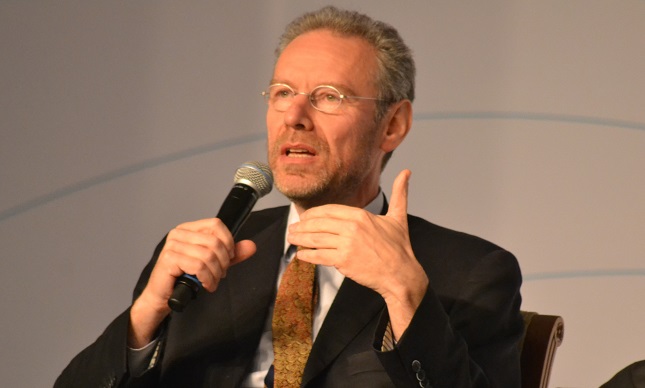
In a blog toward the upcoming Intersessional of the Kimberley Process in Mumbai, World Diamond Council (WDC) president Stephane Fischler expressed his concern that the "stakes are not equally high along the value chain. While in many of the mining regions and in a number of the processing centers diamonds are a primary source of income and community development, in the countries where polished diamond jewelry is predominantly sold, they are considered non-essential products, in a luxury marketplace where there are numerous alternatives. True, diamonds have retained their popularity over a remarkably long period of time. But, should the consumers' confidence in the gem be shaken, they may well select to spend their disposable income on electronics, holiday travel or some other luxury item."
He further wrote: "It puzzles me, therefore, that the KP participants advocating the most stringent standards of supply chain integrity are not those with the highest degree of risk, not to mention being among the greatest potential beneficiaries of increased revenues from their diamond resources. That said, we must appreciate the natural sense of discomfort felt by some participants of being lectured to by those who, in the past, had colonized their lands and lives. But that cannot discount the fact that we all are interdependent, and to dismiss the concerns of consuming nations is not only non-productive, but is likely to be counter-productive as well.
As the intermediary links in the chain that connect the mining sector to the consuming markets, we in the diamond and jewelry industries are acutely aware of the pressures under which both operate, and it is for this reason that we are convinced that all of our interests converge by enabling and...

